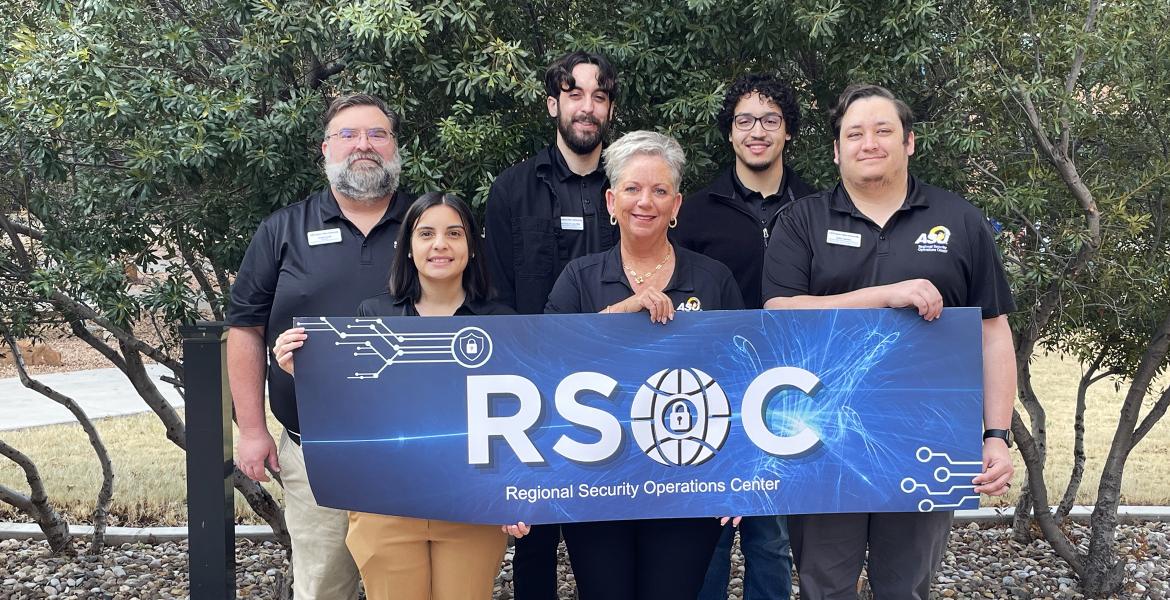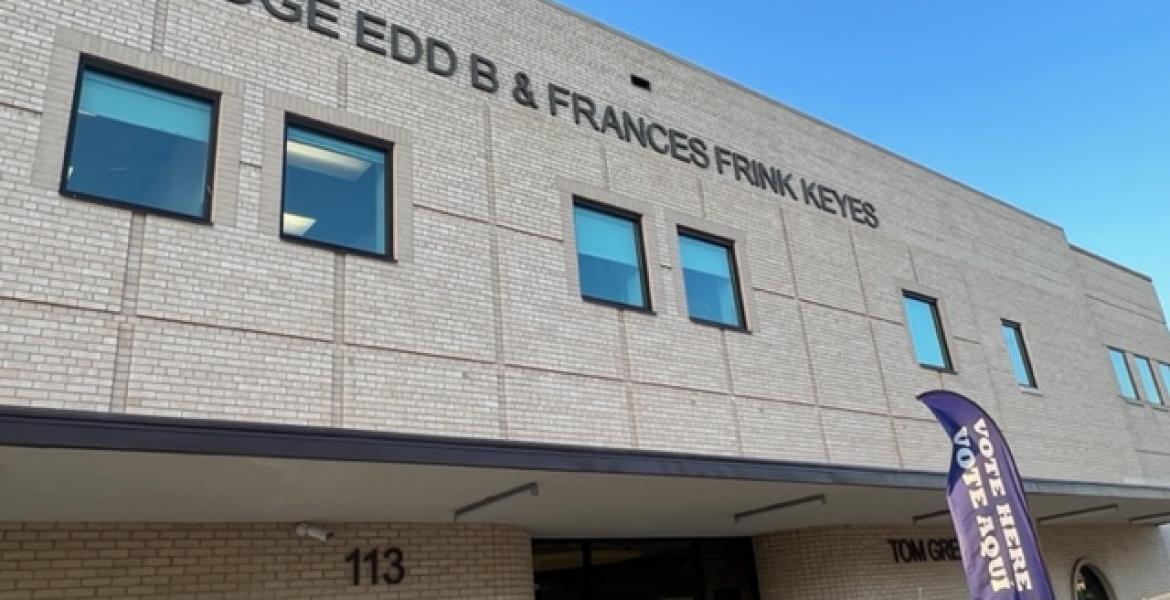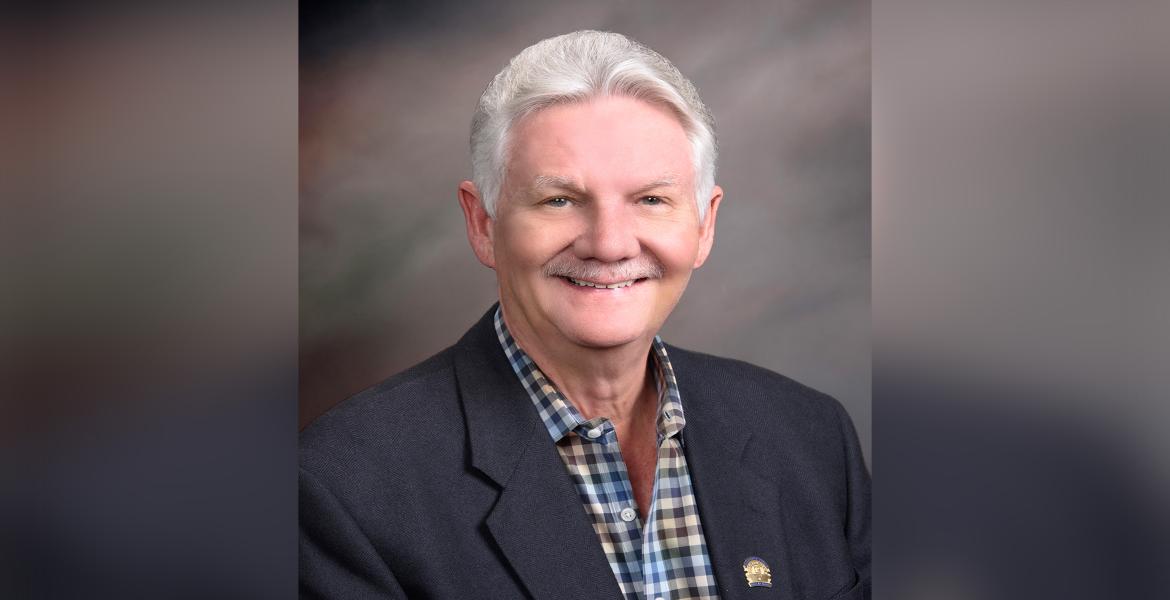SAN ANGELO, TX – Over the past few months, horrifying stories of young college women being sexually assaulted by fellow male students on both Ivy League and public universities has rocked the nation. On Thursday, Sept. 15, San Angelo LIVE! reported on the sexual assault arrest that happened locally on the Angelo State University Campus (see here).
At 8:37 a.m., the ASU Police Department arrested 18-year-old Alex Jonathan Cabello who had allegedly sexually assaulted a young female student. Although no official comment has been released on the incident, ASU administrators and the ASU Police Department are taking great measures to ensure that those who commit such felonies are brought to justice, and the victims are given all possible help and support.
It starts with closely keeping track of any criminal activity on campus.
Rebekah Brackin, director of Communications and Marketing at Angelo State University, said that the campus is required to publish an Annual Campus Crime and Fire Report that, for each year, tallies up all incidents such as robbery, vandalism, hate crimes and sexual assaults. The updated campus crime statistics up to the year 2014 can be found here. Brackin added that ASU has had “two sexual assaults reported to University Police in 2015, and thus far, in the calendar year of 2016, we have had two reports.“
The Chief of Police at ASU PD, James Adams, underscored that “Angelo State takes a serious approach to sexual assault,” and emphasized that ASU now has a full-time Title IX coordinator, an important change implemented over the last few years. Brackin explained that the Title IX Office helps with “the investigation, and [the office] will also help find counseling or whatever the student needs.”
Along with the aide given by the Title IX Office, ASU also has “counselors at [the ASU Health Clinic] who are available to our students,” Brackin said.
Cleave Pool, director of Counseling Services at the University Health Clinic stressed that “every campus in the world will have [sexual assault] cases from time to time, some more than others; ASU has very few of these sorts of cases.” However, one of the main emphasis of ASU’s Counseling Services is prevention. Pool stated that the department has “really tried to provide a lot of prevention initiatives.” Also, if a young woman has been sexually assaulted, ASU has experienced counselors on staff who “have experience in working with sexual assault prevention and treatment.”
According to both Brackin and Pool, all freshmen and other new incoming students are required to complete an online program that talks about sexual assault prevention. Students are required to complete this program before they are allowed to attend the university. Chief Adams explained that the Title IX Office “is also responsible for a lot of programming on campus,” noting in particular the “Girls Night Out” event, which is done in conjunction with the Laura W. Bush Foundation for Women’s Health. This event occurs during ASU’s Rambunctious Weekend and “is geared towards bringing awareness to sexual assault and violence against women.”
This year, for the first time, ASU also included a “Guys Night Out” in its Rambunctious Weekend programming. The event allowed the organizers to talk with male students about sexual assault. “Girls Night Out” and “Guys Night Out” are not only open to students, but faculty and staff are also encouraged to attend.
Maria De los Santos Onofre-Madrid, Assistant Professor of Spanish, has been a long time attendee of “Girls Night Out,” and she said that this year “was the largest crowd [she’s] seen since attending.” Onofre-Madrid said she believes that the best part of the Girls Night Out Program is that the female attendees are able to listen to “speakers and attend group sessions that teach them how to protect themselves, and are told about what is available to them on campus so they know the recourses they have.”
ASU students can also find helpful information on the Counseling Services website. Pool mentioned, for example, the “information on sexual assault prevention and treatment” and “a program called ULIFELINE that has all sorts of mental health information as well a sexual assault information.” Police Chief Adam believes that the ULIFELINE app, and also the Lifeline Response Enterprise App, a personal safety app, will help students feel safer. Students will be able to use these apps “not just here on campus but anywhere,” Adams said. More information and a tutorial on how to use the Lifeline Response Enterprise app can be found here.
While “sexual assault is probably one of the most underreported crimes,”(Adams), both Brackin and Adams feel very strongly about creating a culture of reporting at ASU.
“We take it seriously, and we really don’t want these sorts of things to happen ever,” Brackin said.
Brackin encourages students to report any form of sexual assault immediately after it occurs so the ASU Police Department can act on it. Please visit the ASU Police Department’s website for more information on how students and/or families can report a campus crime.
Subscribe to the LIVE! Daily
Required






Post a comment to this article here: